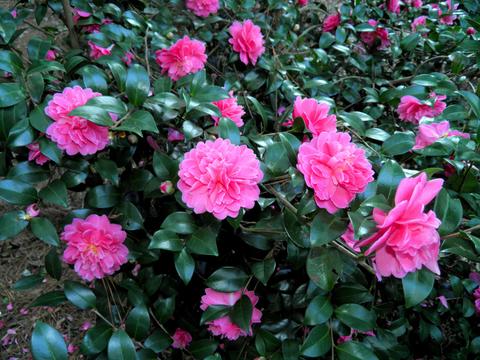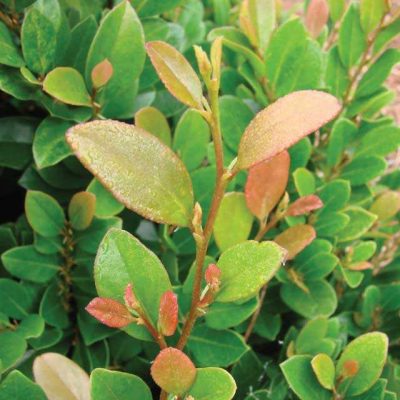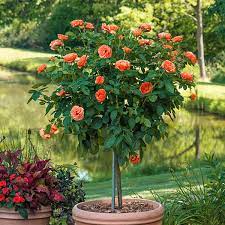Description
Where winter hardy, Camellia japonica should be grown in moist, acidic (5.5 to 6.5 pH), loose, organically rich, well-drained soils in part shade. Consistent and even moisture is important. Avoid wet soils. Plants require protection from direct afternoon sun and wind. Best location may be sun-dappled part shade. Best with a root mulch. Near the northern parts of their growing range, plants should be sited in sheltered and protected microclimates such as near the south side of a home or building. Burlap wraps are sometimes helpful. Plants generally dislike changes in temperature, irregular watering or being moved. Even a change in humidity can cause plants to drop buds. Fertilize monthly in spring and summer. If desired, remove all but one bud from each cluster to increase the size of the flower. Prune immediately after flowering. (Courtesy of Missouri Botanical Garden Plant Finder)






